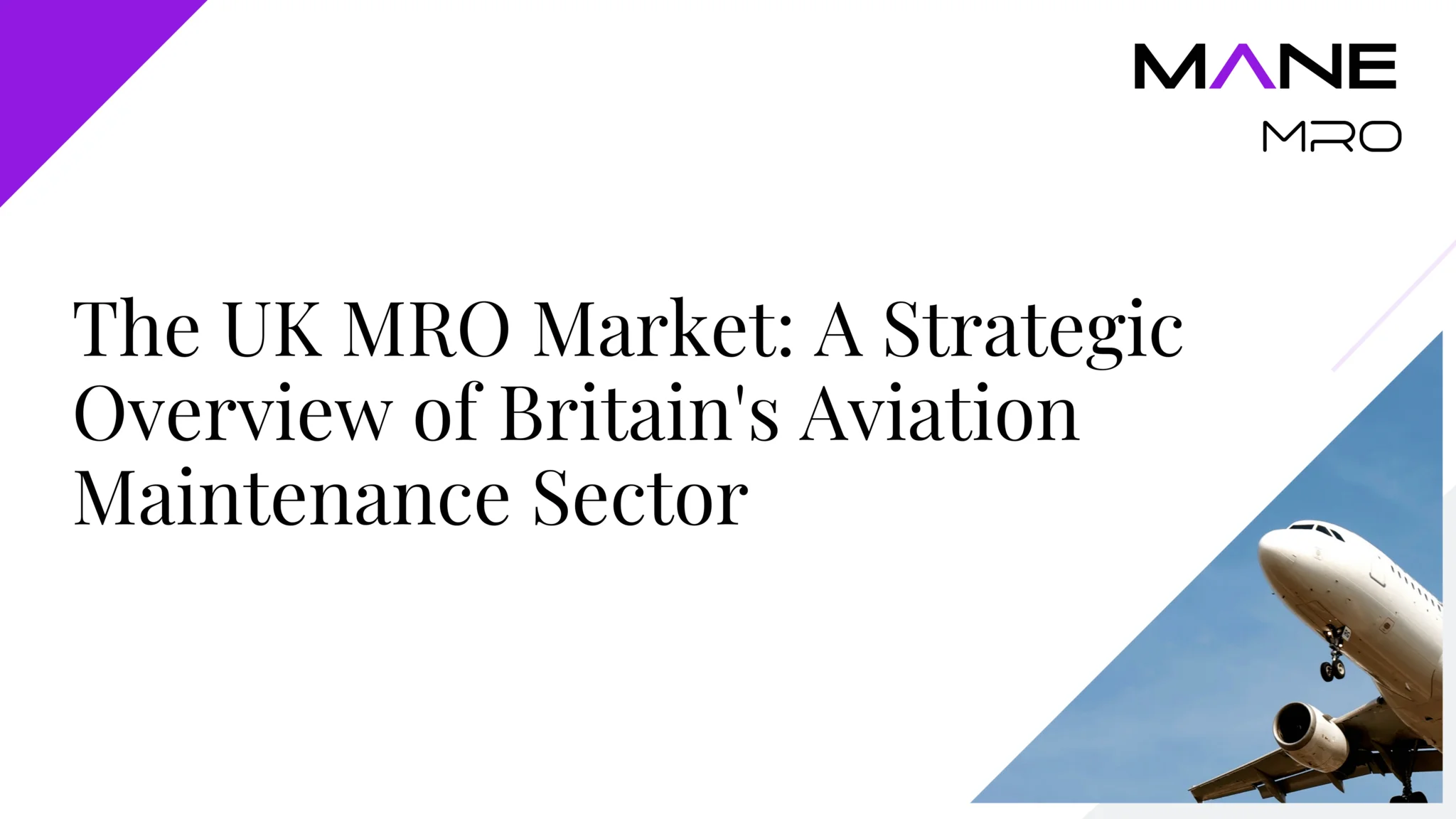How COP-26 Impacts The Aerospace Sector
15 Nov, 202110 minsCOP-26 is sure to be the moment when the world moves from ambition to action. With the autom...

COP-26 is sure to be the moment when the world moves from ambition to action. With the automotive and energy industries operating as explicit examples of how electrification advances to replace fossil fuels, aerospace on the other hand, is concurrently hooked on kerosene.
So much so, that according to data compiled by WingX, 118 private jets flew to the summit in Glasgow on the 1st December, burning in excess of over 1,000 tonnes of CO2. Many quickly remonstrated over the hypocrisy of such modes of transit, as those we trust to articulate our climate objectives, are also those who continue to paint our skies with paraffin oils.
Although the aerospace industry seem cumbersome in their path towards net zero, unlike the sectors abovementioned, the immediate goal is not to introduce fleets of hydrogen planes propelled by electricity. Thus, if the hurried obsolescence of our noxious narrow-bodied airliners is not the aim, then how do those leading the summit on climate change plan to let us take guilt-free trips?
As the host of the COP26, The UK is attempting to bring nations together in an International Aviation Climate Ambition Coalition. Its intention - to limit emissions from the aviation sector to levels compatible with the measures agreed in Paris.
Manager of Mane Aerospace & Defence, Ryan Fraser, believes that ‘the nature of the challenge makes collaboration more important than ever.’ Hence, if the international scene is able to establish a productive discursive dynamic between business, academia, government and industry, then ‘aviation can be the model for sustainability, leading by example through global co-operation – COP26 represents a great opportunity to demonstrate this in action.’
Ryan rightfully makes clear that even across the industry today, there are ‘many examples of innovative thinking,’ and in the aid of achieving climate objectives, a British company being launched at the summit in Glasgow will unveil its new liquid ammonia, enabling zero-emission flights. Inspired by the maritime sector, engineers believe that by retrofitting small reactors into passenger planes, hydrogen can be obtained from ammonia, and used to fuel the plane.
Although, the virtuosity of this finding is perhaps misleading – ammonia is produced from fossil fuels, which is responsible for 1-2% of global carbon emissions. To be truly net zero, green ammonia must be developed, a product in which renewable sources of energy are used to produce electricity which then feeds an electrolyser to extract hydrogen from water.
Moreover, the summit in Glasgow further announced the objectives of plane-making firm, Airbus. Marc Hamy, vice-president of sustainability at the company, says they plan to deploy zero-emission planes by 2055. However, the focus on aviation at the conference should not be on presenting technical sketches of utopian, yet practical airplanes, in as far as it must be about finding sustainable fuels.
Although, it does seem that airline companies are already taking initiative in this sector. Last week EasyJet (https://www.easyjet.com) achieved a 97% reduction in carbon emissions at Bristol Airport. By utilising electric powered ground equipment, rather than diesel, they were able to save 1721kg of carbon over a 6 month trial period, helping to shape operational changes as they plan to roll out similar initiatives across several UK airports.
Furthermore, Manchester Airport has signed a direct agreement with SAF supply company, Fulcrum BioEnergy. Producing approximately 100 million litres of sustainable fuel every year, the partnership is aiming to replace 10% of fuel within a five year period via an existing pipeline from production plant to airport.
Business Secretary, Kwasi Kwarteng, highlighted the excellence in this arrangement, making clear that it is absolutely going to create a wealth of green jobs. In fact, research by E4Tech found that a nationwide SAF cluster could produce upwards of 6,500 new jobs.
Clear is it that our leaders are unyielding in their attempts to resolve the contagion of industrialisation with further technological developments. Will green recovery really be another example of cornucopian triumph? It seems that those in positions of power are inexorably enquiring about the promethean power of human invention; plainly stuck in the thrall of technology fetishism.
Much like our article on the automotive industry - in which we discussed a lack of initiatives promoting fundamental societal changes – is the answer to toxic aviation perhaps to encourage high-flying individuals to fly less? With one flight to offset the achievements of 4 years of vegetarianism, perhaps green recovery in the aviation sector requires both high-tech solutions, subsidised by the cognisance of its passengers.
In sum, the outcomes of COP-26 thus far have huge implications for Mane in its 29th year of specialist technical and engineering recruitment. Based in the UK, Mane Aerospace & Defence are committed to working with candidate partners to help create a greener and cleaner future.
By leveraging their expertise, Mane is certain it can find candidates their perfect placement in a market driven by its workers. To find out more, and to keep up to date with new opportunities within the sector, be sure to follow Mane on LinkedIn, Facebook, Instagram and to follow the Mane Aerospace.
LinkedIn - https://www.linkedin.com/company/mane-contract-services
Twitter - https://twitter.com/Mane_Contracts/
Facebook - https://www.facebook.com/ManeGroup/
Instagram - https://www.instagram.com/mane_contracts/
For further details contact our Aerospace team on +44 (0)1923 470 750


